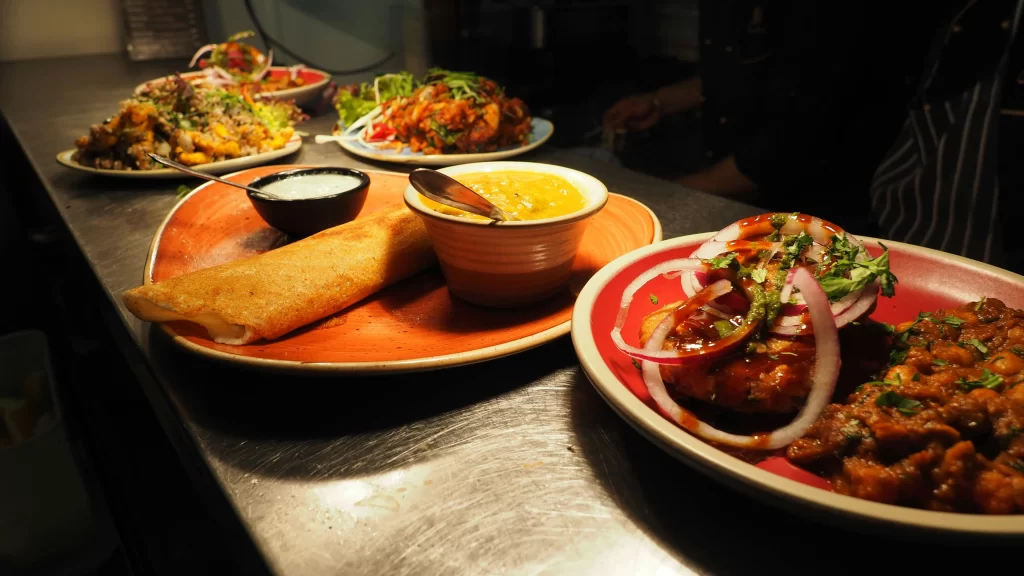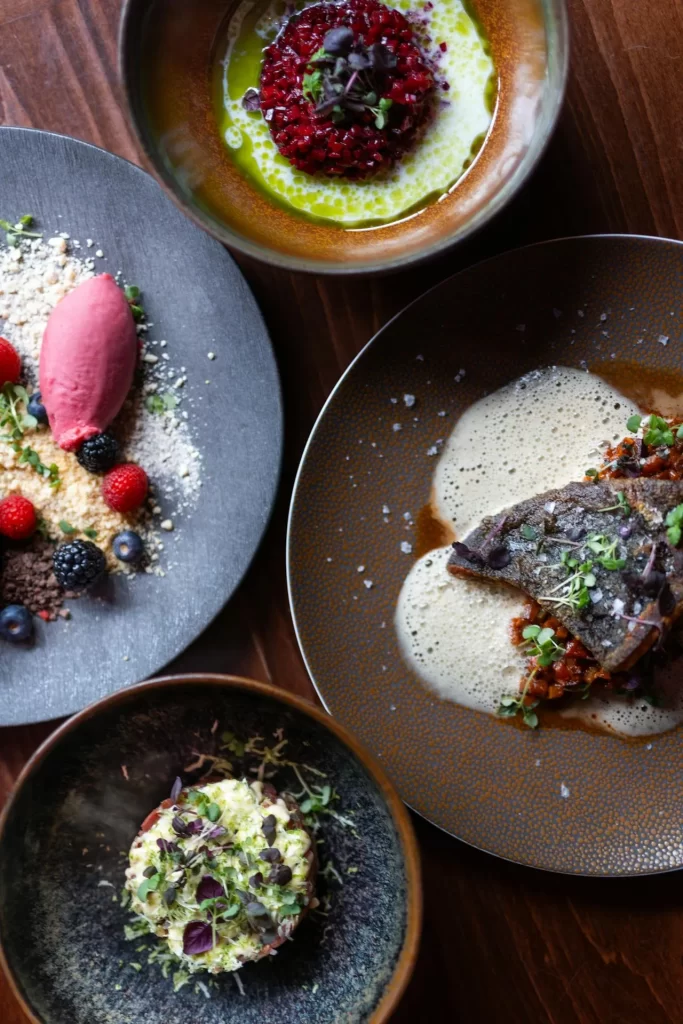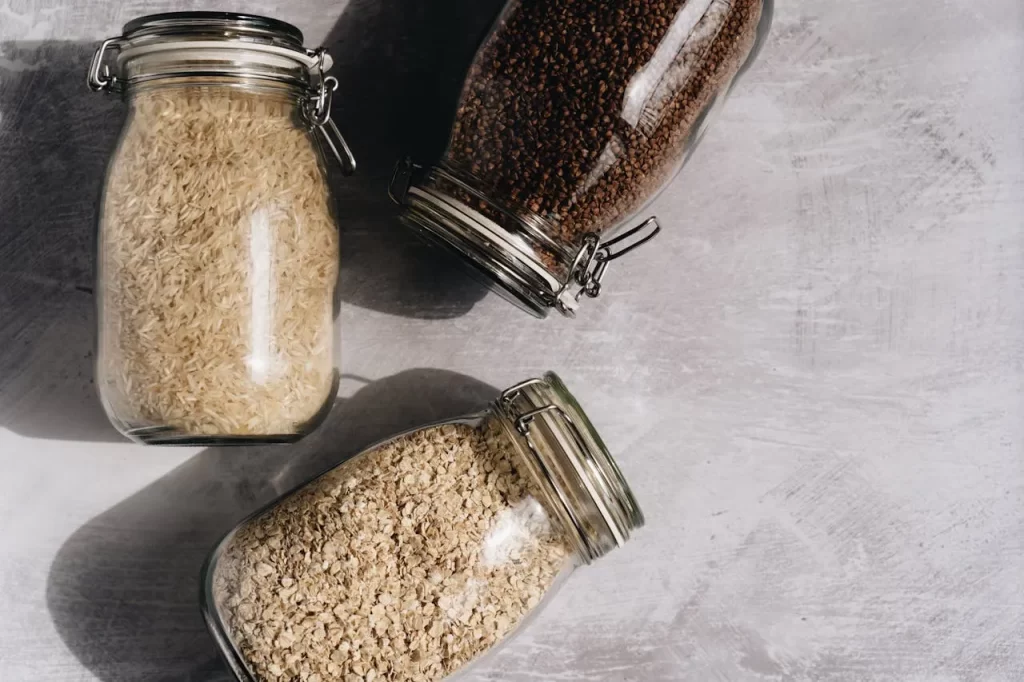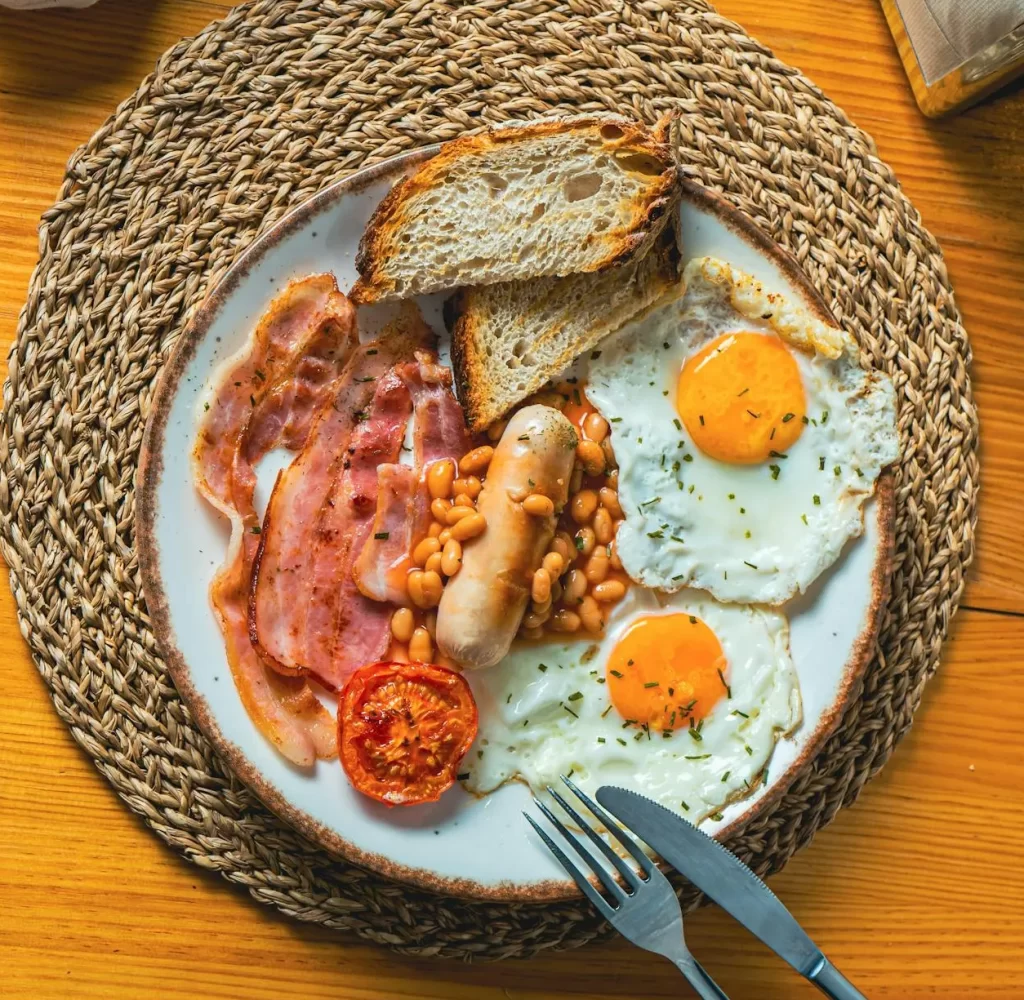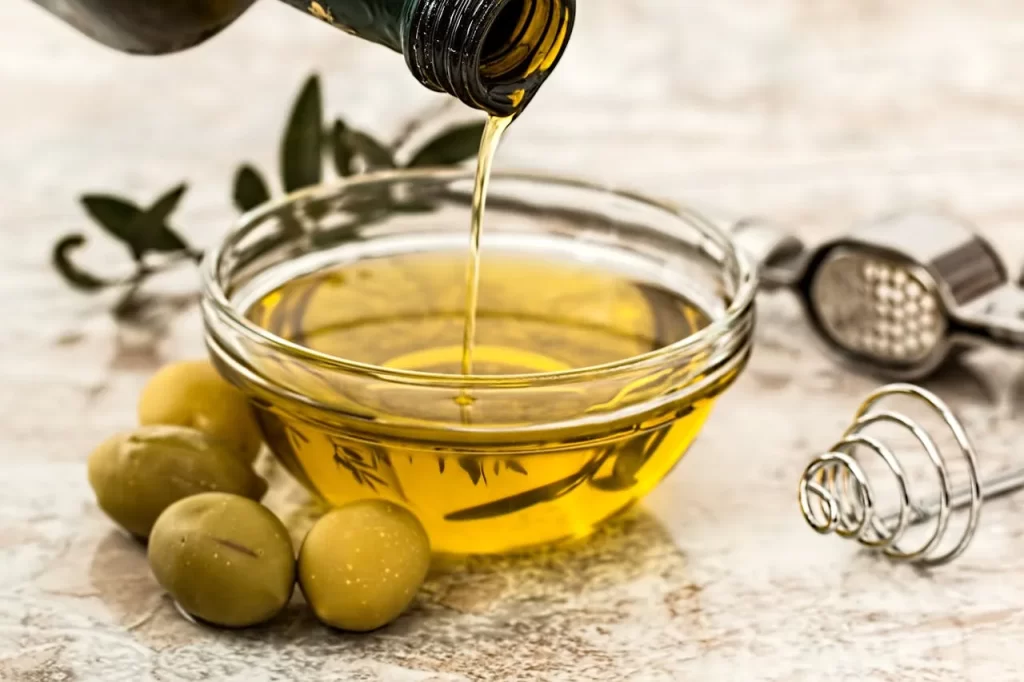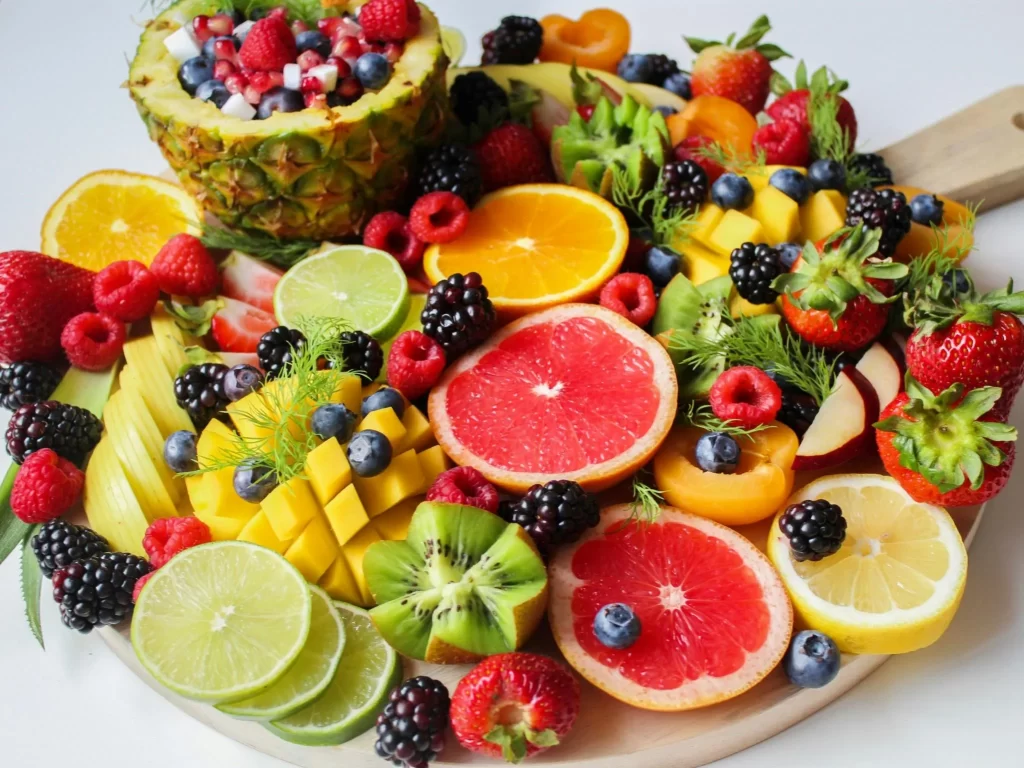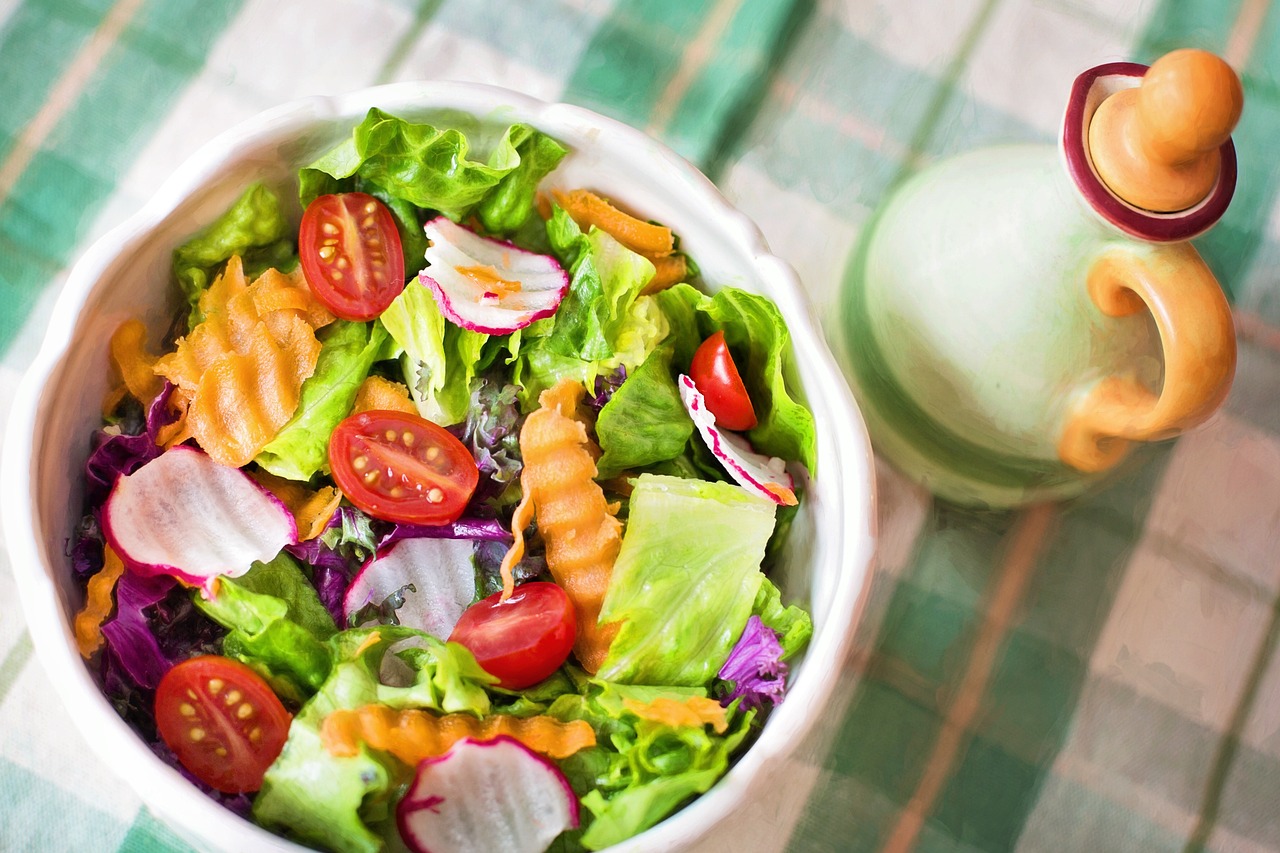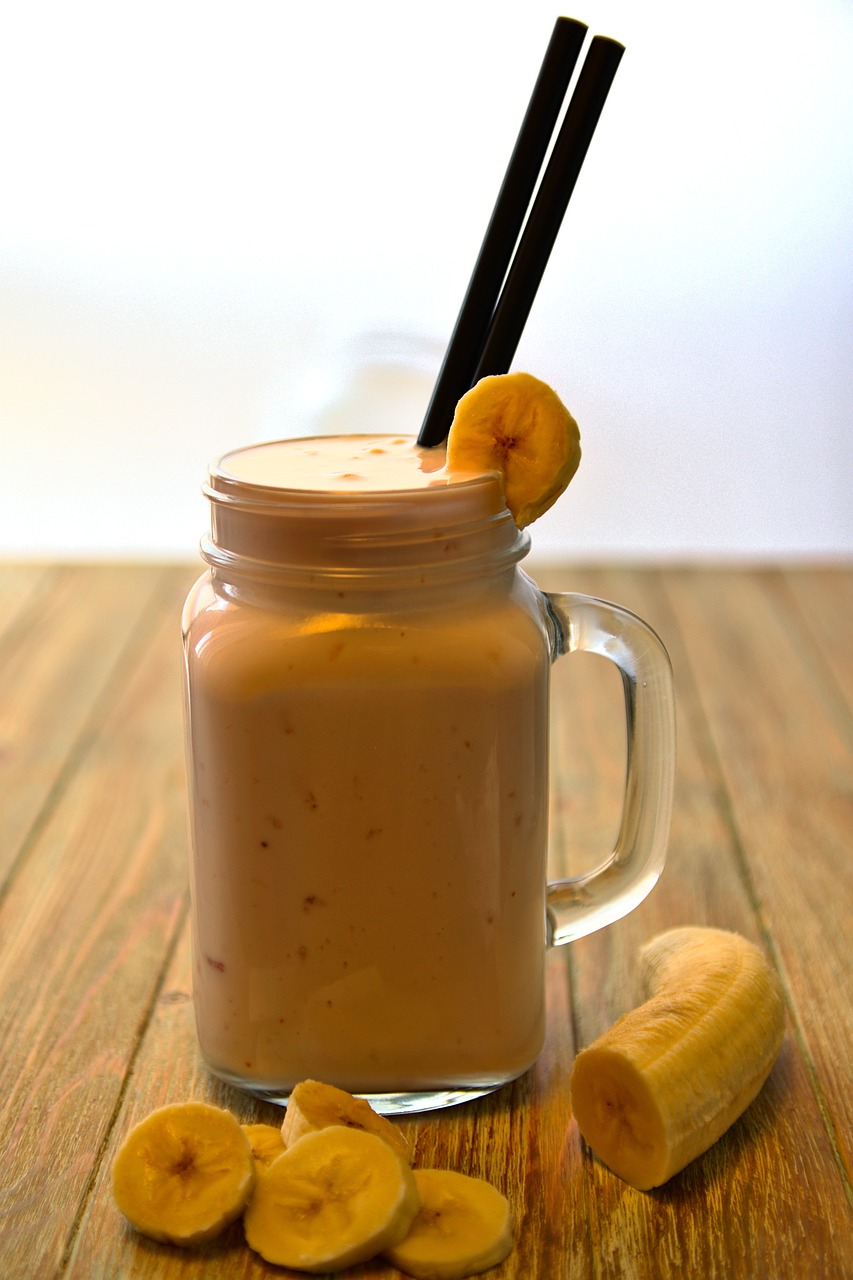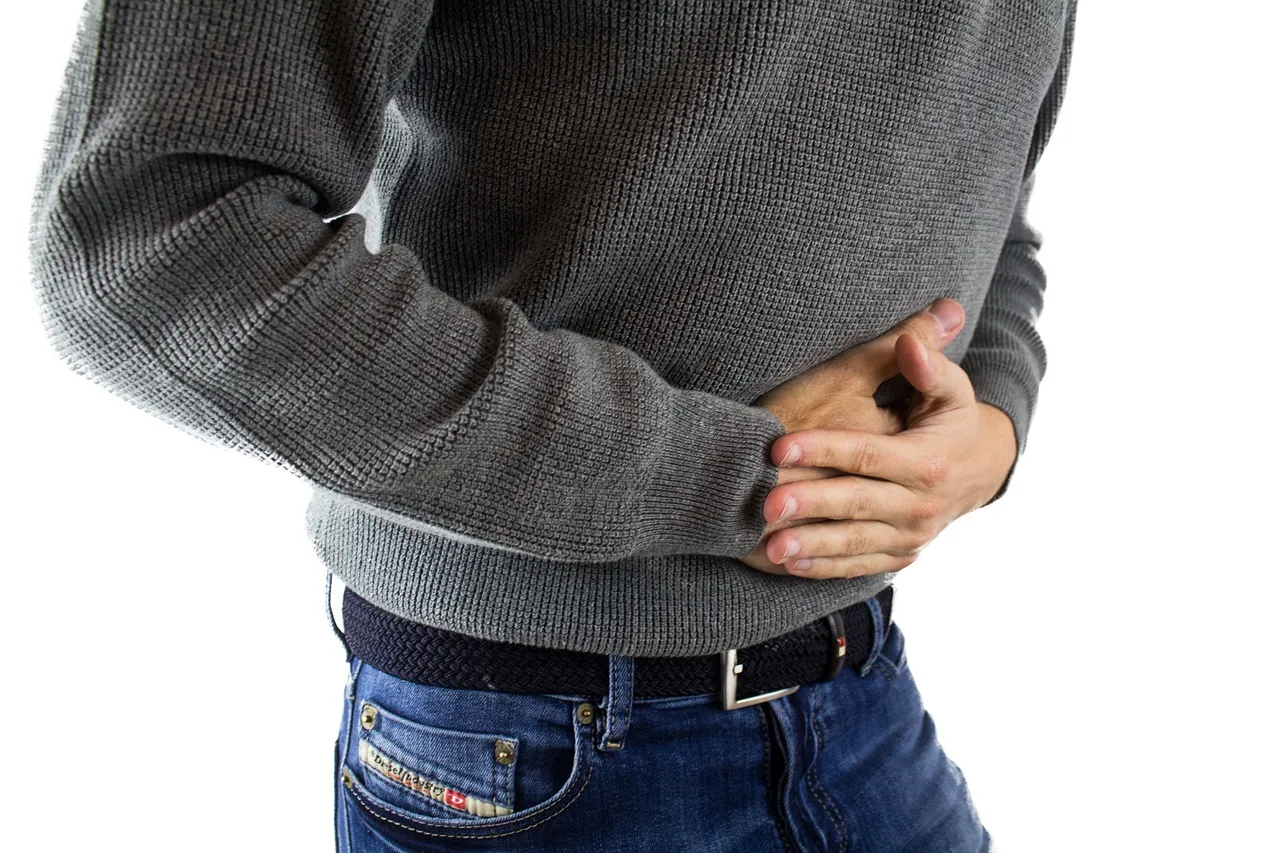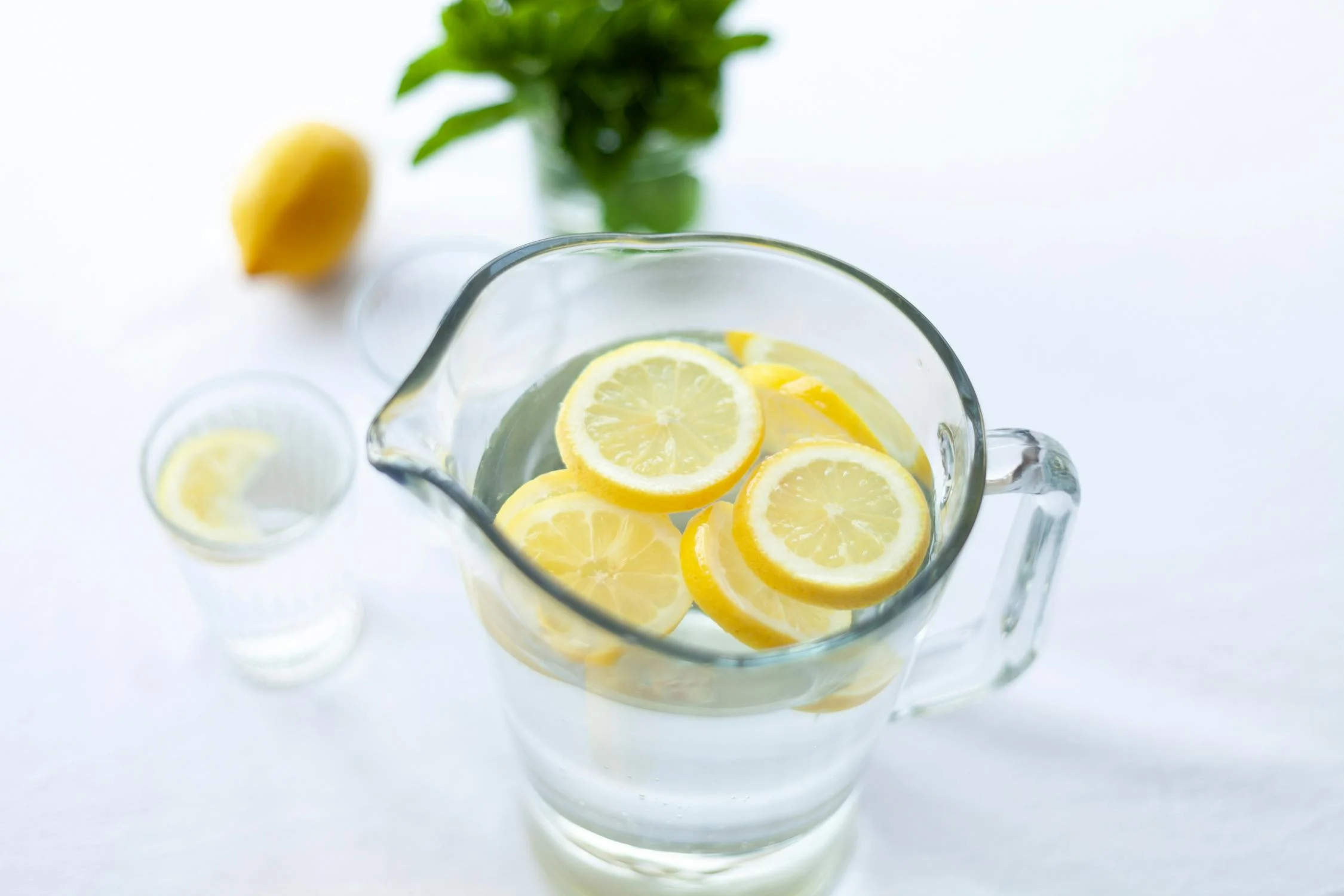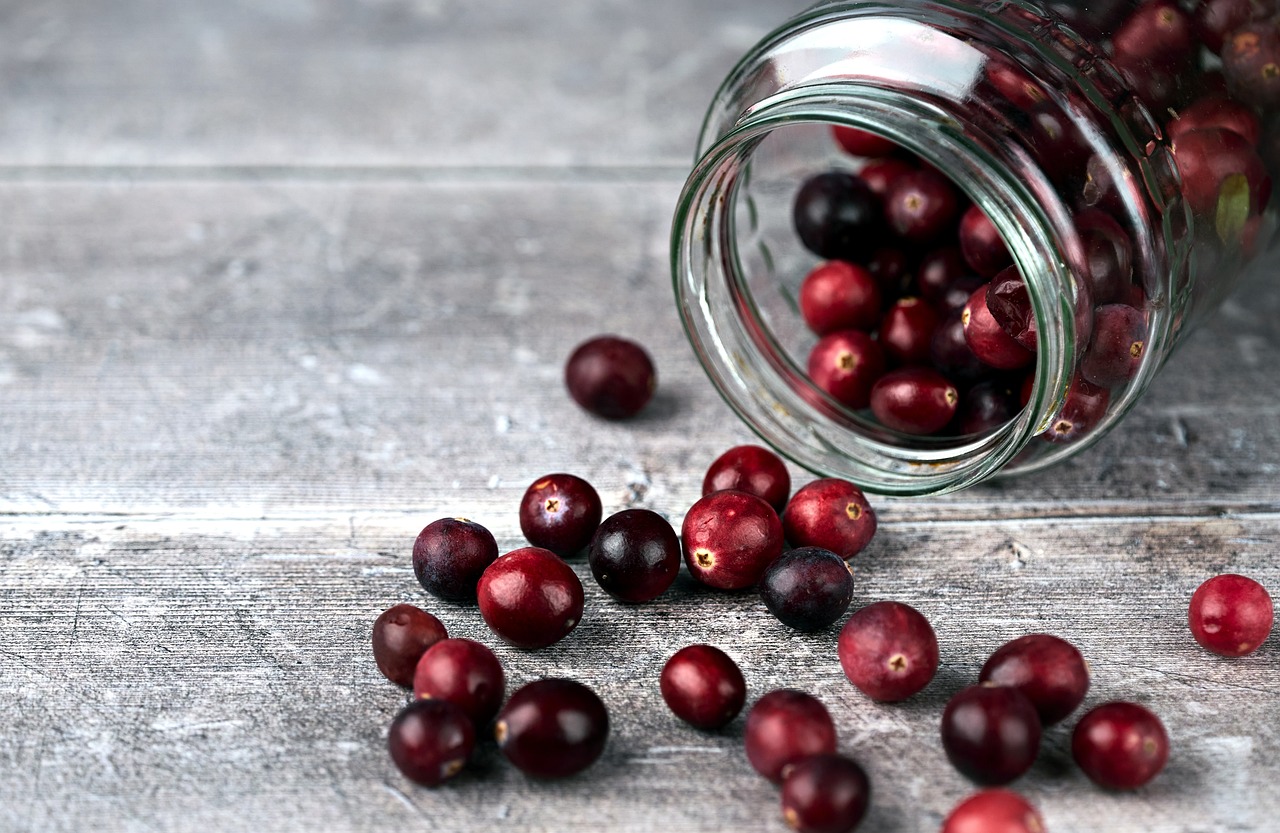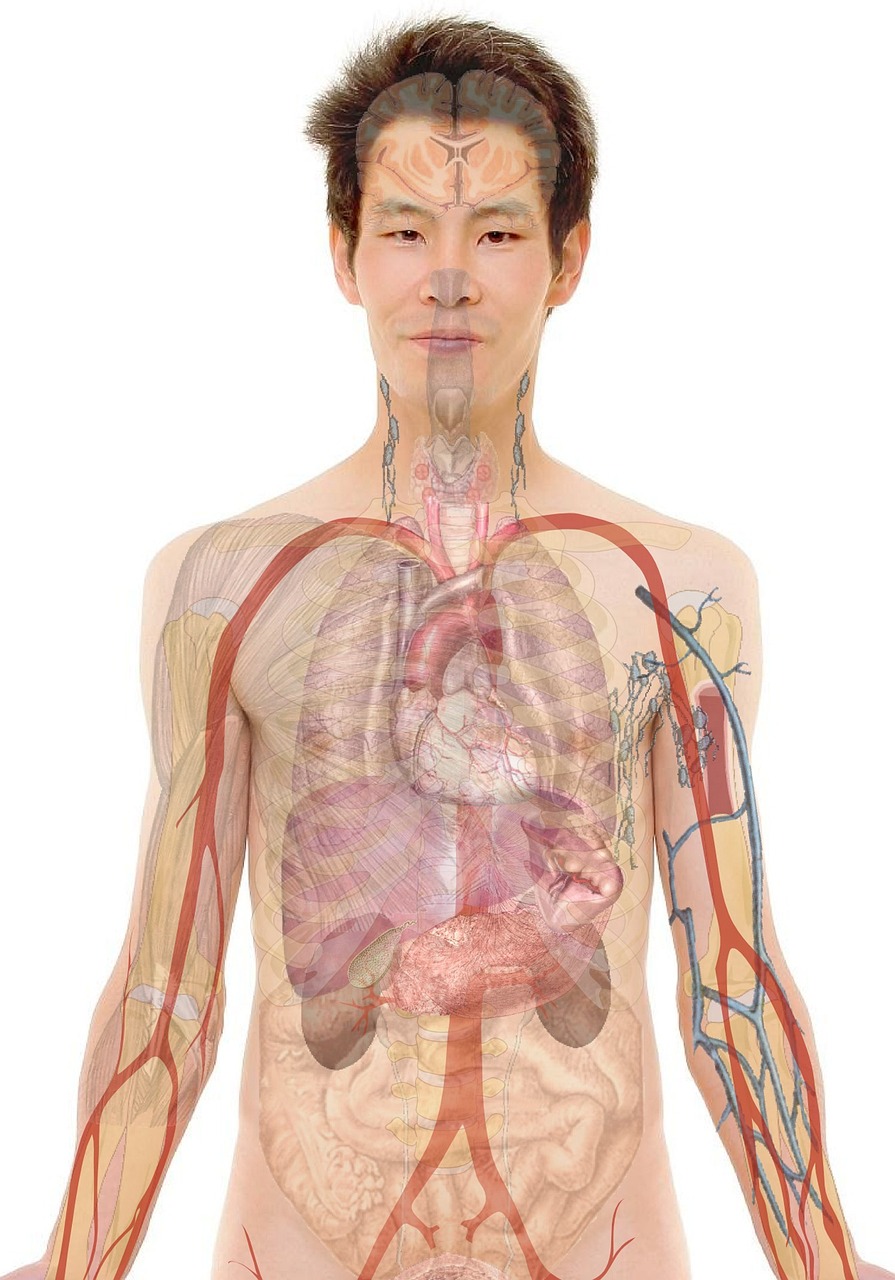When it comes to maintaining fitness or achieving weight loss goals, our diet is a crucial factor. If your primary focus is on shedding some extra pounds, you’ll need to create a calorie deficit, either by boosting your physical activity or by reducing your food intake.
This principle holds true for many individuals who are aiming to manage their weight, leading them to opt for a 1500-calorie diet. This dietary approach not only jumpstarts the weight loss process but also helps in curbing cravings. However, while some may succeed with this regimen, it may not yield the same results for everyone.
What is a 1500-calorie diet?
A 1500-calorie diet is a meal plan where a person eats only 1500 calories each day. This helps to cut down on how much food you eat, which means you consume fewer calories overall, which can help with weight loss.
However, it’s crucial to figure out exactly how many calories your body needs to make the most of your weight loss journey. Understanding how many calories you need per day depends on various factors like your age, gender, weight, height, and how active you are.
There’s no one-size-fits-all diet plan because everyone’s body is different.
According to the UK’s National Health Services (NHS), women are generally recommended to consume around 2,000 calories a day, while men are advised to have around 2,500. But it’s still important to figure out your own calorie needs.
To do that, you need to calculate how many calories you typically burn in a day, which is known as your total daily energy expenditure (TDEE).
Foods to eat when on a 1500-calorie diet
If you’re following a 1500-calorie diet, it’s important to be careful about what foods you eat.
Here are some foods you should include:
- Vegetables like sweet potatoes, peas, kale, spinach, broccoli, and mushrooms.
- Legumes, which include beans, lentils, and chickpeas.
- Seafood, such as fish and shrimp.
- Healthy fats like avocado, nuts, and coconut oil.
- Whole grain foods like oats, quinoa, barley, and millet.
- Fruits like berries, bananas, and oranges.
- Low-fat dairy products, such as skim milk and yogurt.
- Lean meat, poultry, and eggs.
What to avoid?
Avoiding foods high in sugar, fat, or salt is important for your health, even though it might be hard to cut them out completely. Instead, try to reduce how much of these foods you eat.
Important nutrients to include everyday
When you’re trying to lose weight with a healthy Indian diet, it’s important to eat balanced meals that give you all the nutrients your body needs. Here are the important nutrients you should include in your Indian diet plan for weight loss, whether you’re a man or a woman:
1. Carbs
Carbohydrates are a major source of energy for your body. In many Indian diet plans to reduce belly fat, about half of the calories come from carbs. But it’s important to choose the right kind of carbs, called complex carbs.
There’s another type of carbs called simple carbs, which aren’t good for weight loss. These are mostly found in products made from white flour (like maida).
When you’re on an Indian diet plan to lose weight, focus on eating complex carbs that are high in dietary fiber. Fiber helps you feel full for longer. Foods like oats, millet, and brown rice are good sources of complex carbs.
It’s also a good idea to eat more carbs during the day, like at lunch, rather than at night.
2. Proteins
Many Indians often don’t eat enough protein each day. When you’re following an Indian vegetarian diet plan to lose weight, it’s important to pay attention to how much protein you’re getting.
Protein is a type of nutrient that helps your body build and repair tissues. When you’re on a calorie deficit Indian diet plan, it’s especially important to make sure you’re getting enough protein.
Many health experts recommend including more protein in your diet when you’re trying to lose weight. You can try having more protein-rich foods at dinner in your Indian weight loss plan and reduce your intake of carbs.
Ideally, about 30% of your diet should come from protein. Some good sources of protein include whole lentils, chickpeas, sprouts, eggs, chicken, and fish.
3. Fats
Fats are in foods that have a lot of calories, but they’re actually important for your body. They help your body absorb nutrients, make hormones, and give you energy.
In a basic Indian diet plan for losing weight, you shouldn’t get more than 20% of your daily calories from fats. Choose foods that have healthy fats like monounsaturated fats, polyunsaturated fats, and omega-3 fatty acids.
Use oils like olive oil, mustard oil, sunflower oil, and groundnut oil more often. Try to limit how much ghee and butter you use.
4. Vitamins And Minerals
In your one-week Indian weight loss diet plan, make sure to include vitamins like A, E, B12, and D. These vitamins are important because they help your body with things like breaking down food, making new cells, and keeping your nerves working properly.
So, it’s a good idea to have foods that have these vitamins in your diet when you’re trying to lose weight.
Breathe Well-Being’s Suggestion
In your one-week diet plan to lose weight in India, it’s important to include certain vitamins like A, E, B12, and D. These vitamins play a big role in your body’s functions, like helping to process food, creating new cells, and keeping your nerves working well.
So, eating foods with these vitamins can be really helpful when you’re trying to shed some extra pounds.
A 1500-calorie diet sample meal plan
This meal plan provides a balanced combination of carbohydrates, protein, and fats, along with essential vitamins and minerals. It includes whole grains, lean protein sources, fruits, and vegetables to ensure adequate nutrition while maintaining a calorie deficit for weight loss.
Breakfast (389 calories)
- 1 slice of whole wheat bread (70 calories)
- 1/2 cup of shredded wheat cereal (104 calories)
- 1 cup of milk (102 calories)
- 3/4 cup of orange juice (78 calories)
- 1 cup of regular coffee (5 calories)
- 1/2 of a whole fruit (30 calories)
Lunch (366 calories)
- 2 slices of whole wheat bread (139 calories)
- 2 oz of lean roast beef (60 calories)
- 1 slice of low-fat, low-sodium American cheese (46 calories)
- 2 tsp of low-calorie mayonnaise (30 calories)
- 3 slices of tomato (10 calories)
- 1 medium apple (80 calories)
- 1 leaf of lettuce (1 calorie)
Dinner (625 calories)
- 3/4 of a medium baked potato with margarine (134 calories)
- 3 oz of salmon cooked with vegetable oil (215 calories)
- 1/2 cup of carrots with margarine (52 calories)
- 1/2 cup of green beans with margarine (52 calories)
- 1 medium white dinner roll (80 calories)
- 1/2 cup of ice milk (92 calories)
FAQs: Best Indian Diet Plan Chart for Weight Loss
What is an Indian diet plan for weight loss?
An Indian diet plan for weight loss is a structured eating regimen that emphasizes nutritious, low-calorie foods commonly found in Indian cuisine. It typically includes a balance of carbohydrates, proteins, fats, vitamins, and minerals to support weight loss goals.
Is it necessary to follow a specific diet chart for weight loss?
While it’s not mandatory to follow a specific diet chart, having a structured plan can help individuals stay on track with their weight loss goals. A well-designed diet chart ensures that you consume the right balance of nutrients while maintaining a calorie deficit for effective weight loss.
What foods are typically included in an Indian diet plan for weight loss?
An Indian diet plan for weight loss usually includes whole grains like brown rice and oats, lean proteins such as chicken and fish, plenty of vegetables, fruits, low-fat dairy products, healthy fats like nuts and seeds, and traditional spices and herbs for flavor.
How many calories should an Indian diet plan for weight loss contain?
The number of calories in an Indian diet plan for weight loss can vary depending on factors like age, gender, weight, height, and activity level. However, a common recommendation is to aim for a calorie intake between 1200 to 1500 calories per day for effective weight loss in a healthy manner.
Can I customize my Indian diet plan for weight loss?
Yes, you can customize your Indian diet plan for weight loss based on your preferences, dietary restrictions, and nutritional needs. Consulting with a nutritionist or dietitian can help you create a personalized diet chart that aligns with your weight loss goals and lifestyle.
Are there any specific tips to follow while following an Indian diet plan for weight loss?
Some helpful tips to follow include eating smaller, more frequent meals throughout the day, staying hydrated by drinking plenty of water, avoiding processed and sugary foods, incorporating regular physical activity into your routine, and practicing mindful eating habits.
How long does it take to see results with an Indian diet plan for weight loss?
The time it takes to see results with an Indian diet plan for weight loss can vary from person to person depending on various factors such as adherence to the plan, level of physical activity, metabolism, and starting weight. Generally, noticeable results may be observed within a few weeks to a couple of months with consistent effort.
Conclusion
To reach your weight loss targets, keeping an eye on how many calories you eat is really crucial. A 1500-calorie diet can be a good way to manage this.
But while you’re at it, focus on eating healthy, nourishing foods and fruits. Avoid foods that are packed with calories but don’t keep you feeling full. Also, try to stay active and move around more to burn off extra calories.

